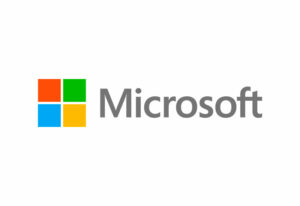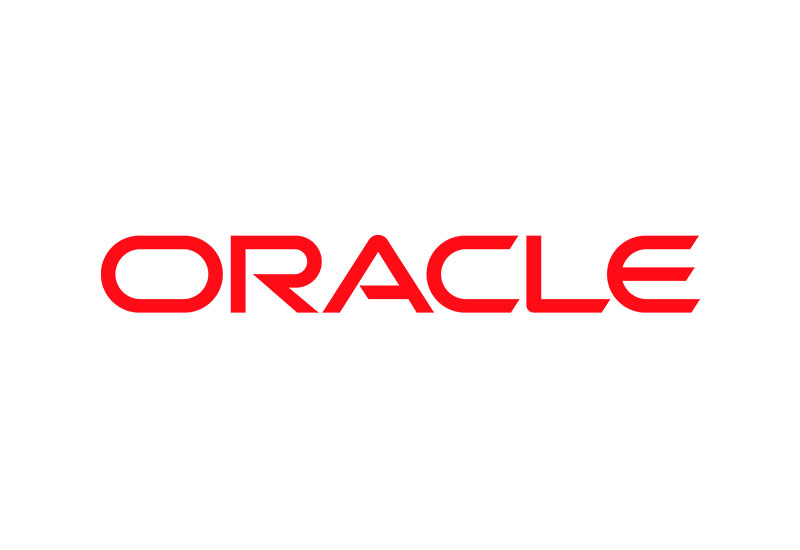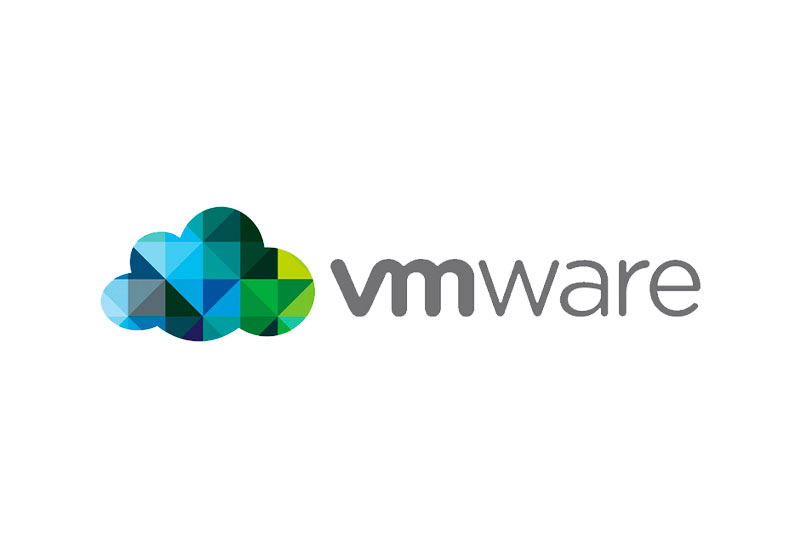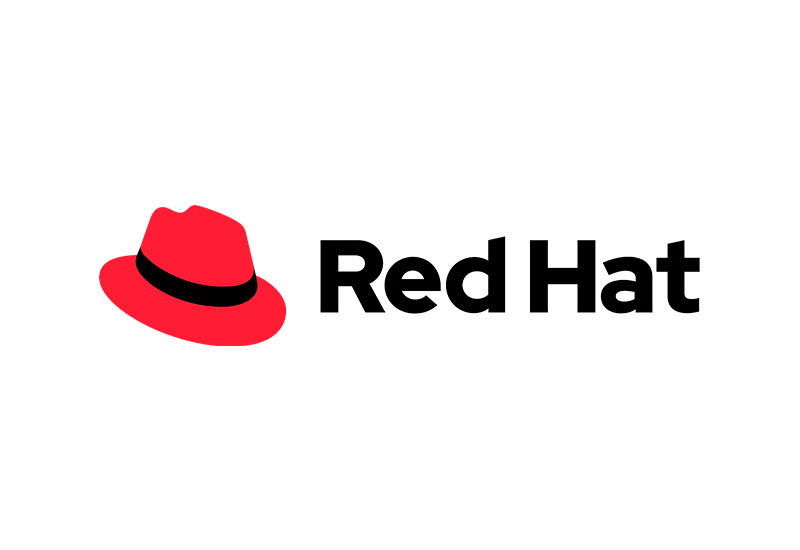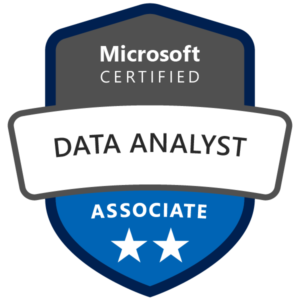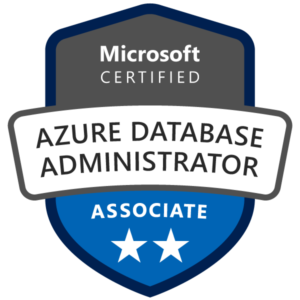Microsoft Azure Security Technologies
Technology provider: MICROSOFT
Exam: AZ-500
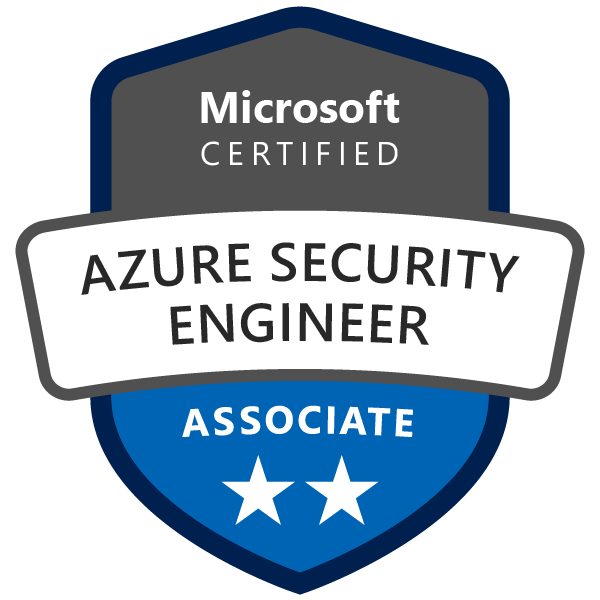
Objectives
This course provides IT Security Professionals with the knowledge and skills needed to implement security controls, maintain an organization’s security posture, and identify and remediate security vulnerabilities. This course includes security for identity and access, platform protection, data and applications, and security operations.
Audience Profile
This course is for Azure Security Engineers who are planning to take the associated certification exam, or who are performing security tasks in their day-to-day job. This course would also be helpful to an engineer that wants to specialize in providing security for Azure-based digital platforms and play an integral role in protecting an organization’s data.
Prerequisites
Successful learners will have prior knowledge and understanding of:
- Security best practices and industry security requirements such as defense in
depth, least privileged access, role-based access control, multi-factor authentication,
shared responsibility, and zero trust model.
- Be familiar with security protocols such as Virtual Private Networks (VPN), Internet
Security Protocol (IPSec), Secure Socket Layer (SSL), disk and data encryption methods.
- Have some experience deploying Azure workloads. This course does not cover the basics
of Azure administration, instead the course content builds on that knowledge by adding
security specific information.
- Have experience with Windows and Linux operating systems and scripting languages.
Course labs may use PowerShell and the CLI.
Class dates and times
Live virtual training.
With an intensity of 32 hours, the training is given 3 times a week from 6:30 pm to 9:30 pm Colombian time.
Module 1: Manage Identity and Access
This module covers Azure Active Directory, Azure Identity Protection, Enterprise Governance, Azure AD PIM, and Hybrid Identity.
Lessons
- Azure Active Directory
- Hybrid Identity
- Azure Identity Protection
- Azure AD Privileged Identity Management
- Enterprise Governance
Lab : Role-Based Access Control
Lab : Azure Policy
Lab : Resource Manager Locks
Lab : MFA, Conditional Access and AAD Identity Protection
Lab : Azure AD Privileged Identity Management
Lab : Implement Directory Synchronization
After completing this module, students will be able to:
- Implement enterprise governance strategies including role-based access control, Azure policies, and resource locks.
- Implement an Azure AD infrastructure including users, groups, and multi-factor authentication.
- Implement Azure AD Identity Protection including risk policies, conditional access, and access reviews.
- Implement Azure AD Privileged Identity Management including Azure AD roles and Azure resources.
- Implement Azure AD Connect including authentication methods and on-premises directory synchronization.
Module 2: Implement Platform Protection
This module covers perimeter, network, host, and container security.
Lessons
- Perimeter Security
- Network Security
- Host Security
- Container Security
Lab : Configuring and Securing ACR and AKS
Lab : Azure Firewall
Lab : Network Security Groups and Application Security Groups
After completing this module, students will be able to:
- Implement perimeter security strategies including Azure Firewall.
- Implement network security strategies including Network Security Groups and Application Security Groups.
- Implement host security strategies including endpoint protection, remote access management, update management, and disk encryption.
- Implement container security strategies including Azure Container Instances, Azure Container Registry, and Azure Kubernetes.
Module 3: Secure Data and Applications
This module covers Azure Key Vault, application security, storage security, and SQL database security.
Lessons
- Azure Key Vault
- Application Security
- Storage Security
- SQL Database Security
Lab : Key Vault (Implementing Secure Data by setting up Always Encrypted)
Lab : Securing Azure SQL Database
Lab : Service Endpoints and Securing Storage
After completing this module, students will be able to:
- Implement Azure Key Vault including certificates, keys, and secretes.
- Implement application security strategies including app registration, managed identities, and service endpoints.
- Implement storage security strategies including shared access signatures, blob retention policies, and Azure Files authentication.
- Implement database security strategies including authentication, data classification, dynamic data masking, and always encrypted.
Module 4: Manage Security Operations
This module covers Azure Monitor, Azure Security Center, and Azure Sentinel.
Lessons
- Azure Monitor
- Azure Security Center
- Azure Sentinel
Lab : Azure Sentinel
Lab : Azure Security Center
Lab : Azure Monitor
After completing this module, students will be able to:
- Implement Azure Monitor including connected sources, log analytics, and alerts.
- Implement Azure Security Center including policies, recommendations, and just in time virtual machine access.
- Implement Azure Sentinel including workbooks, incidents, and playbooks.
Certification details
Candidates for the Azure Security Engineer Associate certification should have subject matter expertise in implementing Azure security controls that protect identity, access, data, applications, and networks in cloud and hybrid environments as part of an end-to-end infrastructure.
Responsibilities for an Azure security engineer include managing the security posture, identifying and remediating vulnerabilities, performing threat modeling, implementing threat protection, and responding to security incident escalations.
Azure security engineers often serve as part of a larger team to plan and implement cloud-based management and security.
Candidates for this certification should have practical experience in administration of Azure and hybrid environments. Candidates should have experience with infrastructure as code, security operations processes, cloud capabilities, and Azure services.
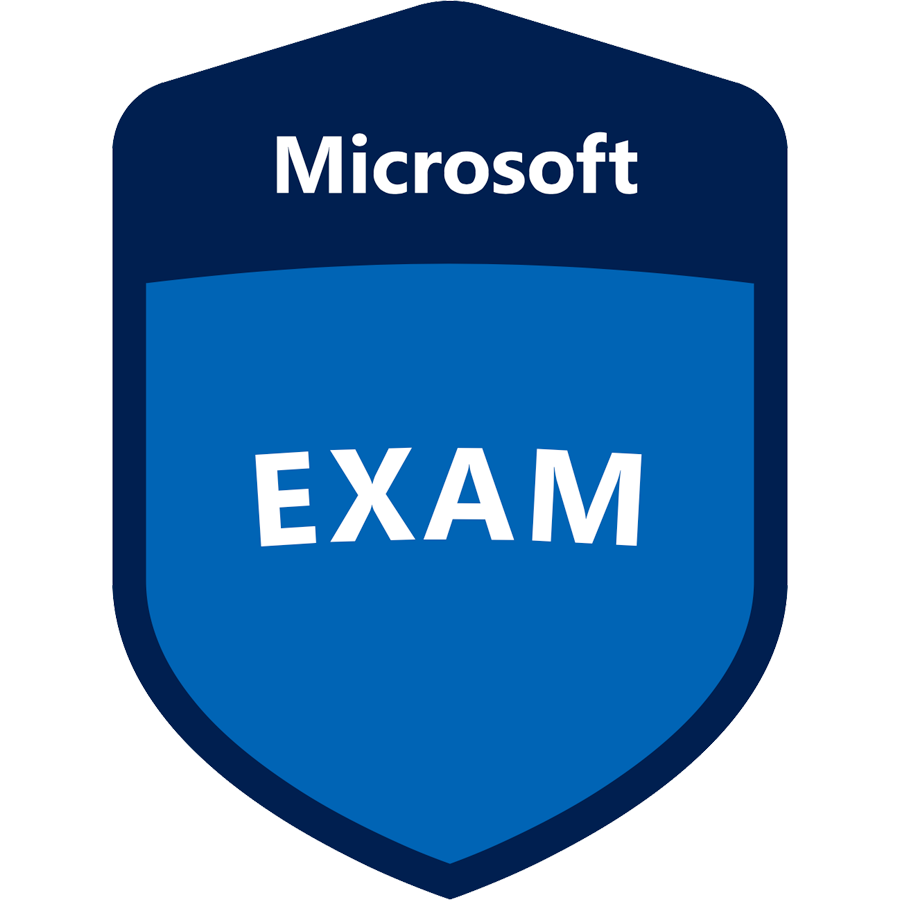
CERTIFICATION EXAM
Microsoft Azure Security Technologies
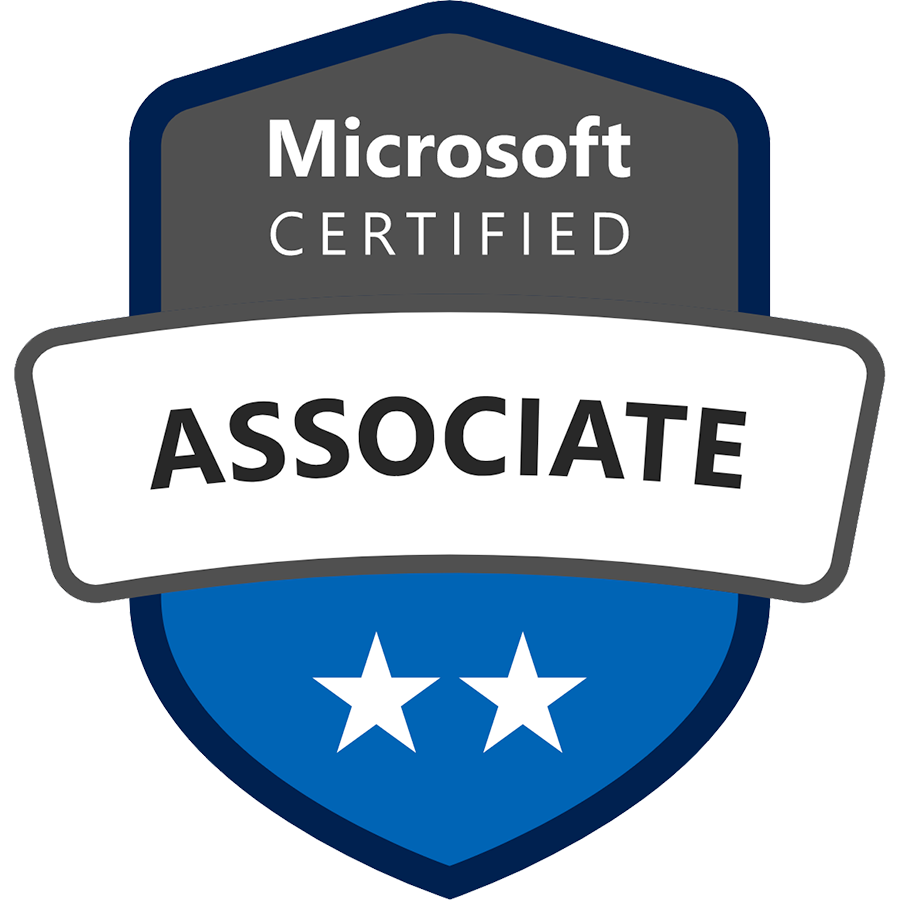
ASSOCIATE CERTIFICATION
Microsoft Certified: Azure Security Engineer Associate
